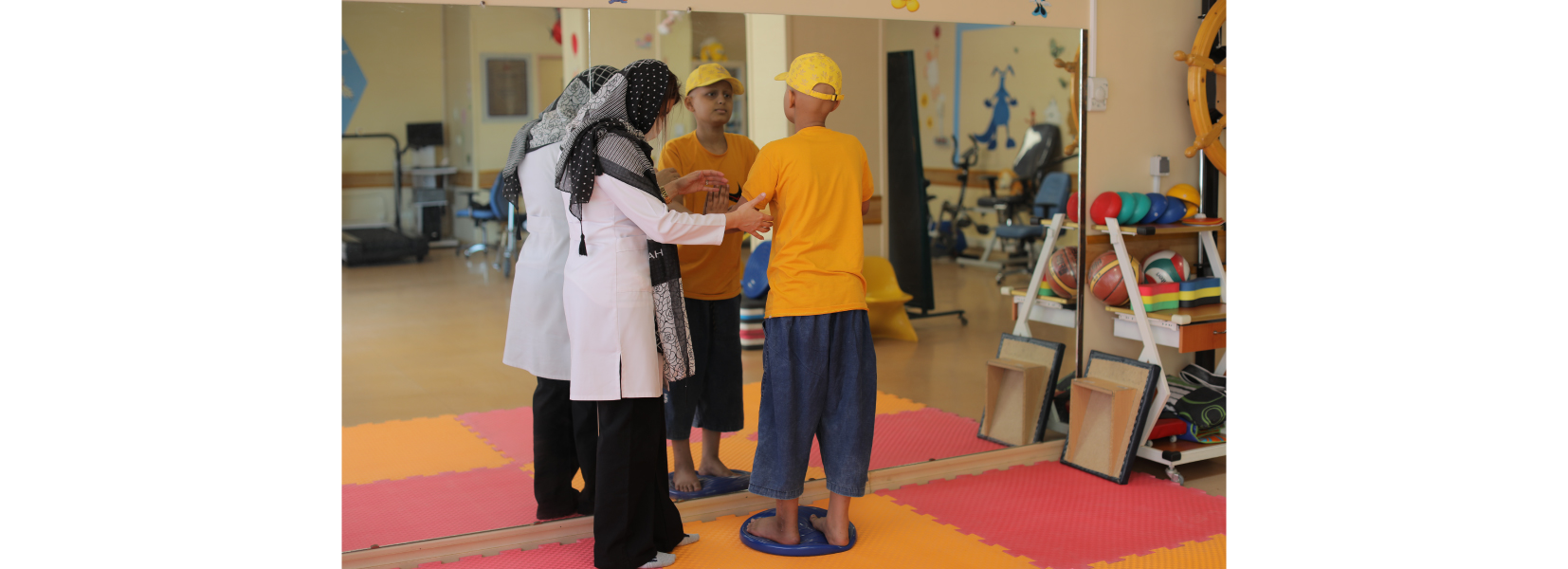
“Occupational Therapy for All”
- 19 November 24
- 426 revirew
- 0 comment
World Occupational Therapy Day is an annual global event that celebrates the profession of occupational therapy and has been held every year since 2010. Coordinated by the World Federation of Occupational Therapists (WFOT), this day highlights the significant contributions of occupational therapists in helping out individuals in diverse age groups with mobility, motor skills, and daily tasks, aiming to ease their life, boost their confidence as well as their independence.
Each year, the event features a specific theme. The theme for 2024 is “Occupational Therapy for All”, which underscores the different ways occupational therapists assist individuals to achieving their goals and fostering community engagement.
On the occasion of world occupational therapy day, an interview was conducted with MAHAK Occupational Therapy Department’s specialist Sara Iran Nejad. During which she talked about some of her concerns in the field: MAHAK patients are referred to the Occupational Therapy Department for consultations and rehabilitation interventions before, during, and after the treatment procedure.
Ms. Iran Nejad explained: Occupational therapy involves the therapeutic use of activities or plays in order to help individuals performing their roles more conveniently at home, school, community, and so on. She noted that among children under curing, physical and cognitive disorders are quite common due to the side effects of cancer and treatment procedure.
MAHAK Occupational Therapy specialist stated that the most common side effects in cancer patients include: Paresthesia and Plegia, Peripheral Neuropathy, Ataxia and Tremor, Myasthenia, Post-Transplant Arthropathy, Gait Abnormality, Specific Learning Disorder, Developmental Delay, Attention Deficit Disorder (ADD) or Attention-Deficit/Hyperactivity Disorder (ADHD), Traumatic Brain Injury (TBI), Visual Processing Disorder (VPD), and Dyspraxia.
She added: considering the fact that people come from diverse social and educational backgrounds, some parents wrongly think that during the treatment procedure, physical and mental disorders of their children will be resolved completely. Not only this is a mistake belief, but also such an insight makes the focus to shift to more immediate concerns during the treatment phase that make the mobility problems remain unreported. This negligence majorly causes the detection and treatment of movement limitations to be performed often late.
Ms. Iran Nejad ended her words saying: At MAHAK, our aim is to bridge the gap between treatment and rehabilitation stages that results in preventing and alleviating cancer and cure side effects, as well as improving the quality of life for children suffering from cancer.
